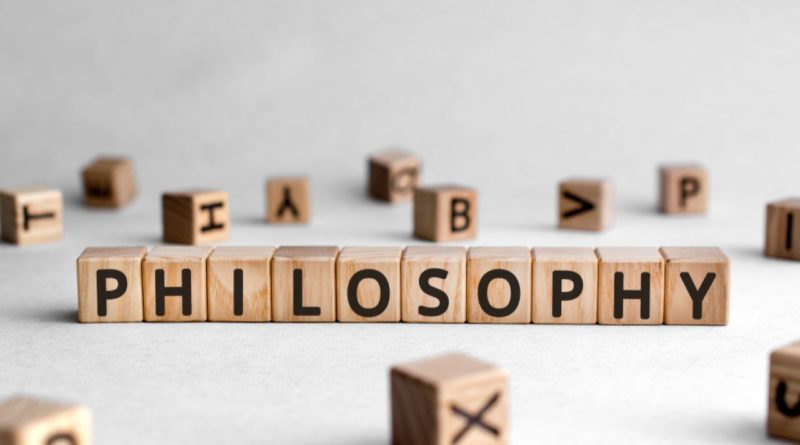Philosophy Courses: Learn About Philosophy & Society
Considering a Philosophy Course?
If you want to learn about the intellectually exciting discipline in which fundamental questions of human existence, value and society are examined, debated and challenged, a philosophy course may be ideal for you. Philosophy’s methods are argument and reason and philosophy students are provided with the skills to reason and argue clearly, effectively and cogently. Rather than a body of doctrine, philosophy is a way or method of approaching abstract general questions such as what is a good life? What is the fundamental nature of reality? What is the purpose of human existence? The good news is there are tons of philosophy courses currently available.
Is the Course for You?
Philosophy courses offer the opportunity to engage in depth with questions of epistemology (the theory of knowledge), ethics (theories of right and wrong), metaphysics (about the fundamental nature of reality), political philosophy (the nature of the just state), philosophy of mind (questions about thought, language and reason), philosophy of religion (reasoning about God) and various other areas. If these areas interest you, studying philosophy may be an excellent choice for you.
A Brief History of Philosophy
Philosophy has been around since the dawn of western civilisation. In the 5th century BC, the golden age of Greek philosophy took place in Athens. The works of Plato, Aristotle and Socrates informed thousands of years of thought, becoming central to thought in the Middle Ages, in the Roman world and then resurfacing in the renaissance and later. Beginning at the height of the Roman republic, Christian thought was central to philosophy at least until the enlightenment. In the 18th century, questions of how we came to know we believe we know and new ethical schools began to form. By the late 1800s, questions of logic, meaning and language took centre stage and the 20th century played host to one of the largest bursts of philosophical work ever seen. Today, philosophical thought is applied to virtually every component of life, from warfare to science, politics to artificial intelligence.
What Will I Learn?
Students will study the history of philosophy and engage with particular fundamental philosophical issues such as the debates about determinism and free will, the nature of morality, the existence of God, the nature of language, logic and the scope and limits of human knowledge. The course will explore political philosophy, philosophy of religion, ethics and philosophy of the mind. You will learn fundamental concepts of critical thinking and the importance of this for personal development, the pursuit of wisdom and participation in democratic society. Learners will explore how cognitive biases makes us prone to errors in how we make judgments and form beliefs and how our tribal psychology and political polarisation affects our ability to think critically.
Career Opportunities
After completing your philosophy course, you can work in many different areas. These include accountancy, journalism, law, TV reporting and research, academic teaching, banking, filmmaking, computing and advertising.
Career Progression
If you found you really enjoyed your philosophy course and would like to learn more, there is the opportunity to progress. You could do a level 7, 8 or 9 degree in philosophy or study related courses such as sociology. Doing so will greatly enhance your CV and improve your career prospects.
If you’re serious about doing a philosophy course, check out courses near you in the Nightcourses.co.uk national course finder.




